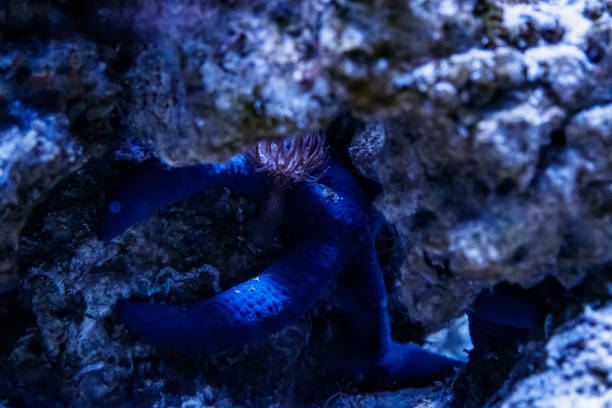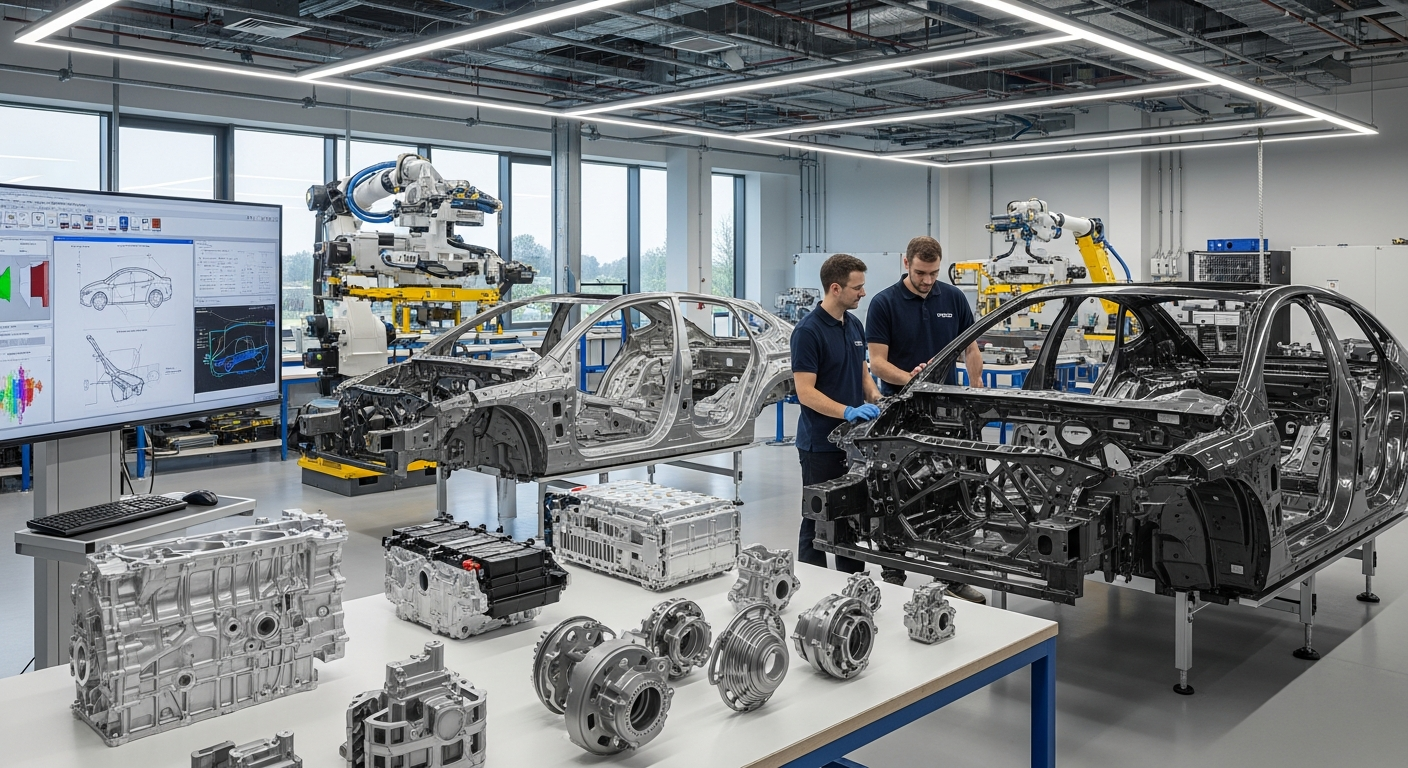Diving into the World of Coral Reef Aquariums
The mesmerizing beauty of coral reefs can now be brought into our homes through the art of coral reef aquariums. This intricate hobby combines the allure of marine life with the precision of ecosystem management, offering a window into the vibrant underwater world. As we explore the complexities and rewards of maintaining these miniature ocean habitats, we'll discover why coral reef aquariums have become a captivating passion for enthusiasts worldwide.

As technology advanced, so did our understanding of coral biology and reef ecosystems. Researchers discovered the intricate symbiotic relationships between corals and their algal partners, leading to breakthroughs in coral husbandry. This knowledge, combined with improved equipment, has made it possible for enthusiasts to cultivate diverse and healthy reef systems in their homes.
The Intricacies of Reef Tank Setup
Setting up a coral reef aquarium is no small feat. It requires careful planning, substantial investment, and a deep understanding of marine ecology. The foundation of any reef tank is the aquarium itself, typically made of high-quality glass or acrylic. Size matters in reef keeping, with larger tanks providing more stable environments and greater biodiversity potential.
Filtration is paramount in maintaining water quality. Modern reef tanks often employ a combination of mechanical, chemical, and biological filtration methods. Protein skimmers remove organic waste, while live rock and sand provide surfaces for beneficial bacteria to colonize, aiding in the nitrogen cycle.
Lighting is another crucial aspect of reef tank setup. Corals, being photosynthetic organisms, require specific light spectrums and intensities to thrive. LED lighting systems have become the go-to choice for many reef keepers, offering customizable spectrums and energy efficiency.
The Delicate Balance of Water Chemistry
Maintaining proper water chemistry is perhaps the most challenging aspect of coral reef aquariums. Unlike freshwater tanks, reef systems demand precise control over numerous parameters. Salinity, pH, alkalinity, calcium, and magnesium levels must all be carefully monitored and adjusted to mimic natural reef conditions.
Regular testing and dosing of essential elements are necessary to support coral growth and health. Many reef keepers employ automated dosing systems to maintain consistency in water parameters. The goal is to create a stable environment that allows corals and other marine life to flourish without constant fluctuations in water chemistry.
Selecting and Caring for Coral Species
The heart of any reef aquarium lies in its coral inhabitants. From soft corals like leather corals and zoanthids to hard corals such as acropora and montipora, the variety of coral species available to hobbyists is vast. Each species has its own specific requirements for light, flow, and placement within the tank.
Coral husbandry involves more than just providing the right conditions. Many species require regular feeding to supplement their nutritional needs. Additionally, corals can be propagated through fragmentation, allowing reef keepers to grow and share coral colonies, contributing to conservation efforts and reducing the demand for wild-collected specimens.
The Role of Fish and Invertebrates in Reef Ecosystems
While corals are the stars of reef aquariums, fish and invertebrates play crucial roles in maintaining ecosystem balance. Carefully selected fish species can add movement, color, and personality to the tank while also serving important functions such as algae control and detritus removal.
Invertebrates like snails, hermit crabs, and shrimp act as the clean-up crew, consuming algae and uneaten food particles. Some species, such as cleaner shrimp, even form symbiotic relationships with fish, mimicking the intricate interactions found on natural reefs.
The Future of Coral Reef Aquariums
As our planet’s coral reefs face unprecedented threats from climate change and pollution, coral reef aquariums take on new significance. They serve not only as stunning displays but also as educational tools and potential safeguards for endangered coral species.
Advancements in coral propagation techniques have enabled hobbyists and researchers alike to cultivate rare and threatened coral species. Some aquarists are even participating in coral restoration projects, growing corals in captivity for eventual transplantation onto damaged reefs.
The hobby continues to evolve, with new technologies emerging to make reef keeping more accessible and sustainable. From AI-powered monitoring systems to eco-friendly synthetic rock alternatives, innovation is driving the future of coral reef aquariums.
As we look ahead, the passion for coral reef aquariums shows no signs of waning. These miniature ecosystems offer a unique opportunity to connect with the ocean’s beauty and complexity, fostering a deeper appreciation for marine conservation. Whether you’re a seasoned reef keeper or a curious newcomer, the world of coral reef aquariums promises an endless journey of discovery and wonder.






